Getting the Story on Gaza
In this installment of BBC Middle East editor Jeremy Bowen's diary about the Israeli-Palestinian war, Bowen describes how, thanks in part to technology, the word on Gaza is getting out despite the Israeli ban on foreign journalists.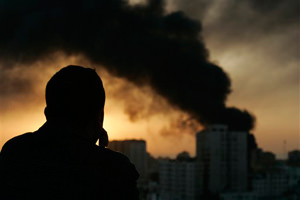
In this installment of BBC Middle East editor Jeremy Bowen’s diary about the Israeli-Palestinian war, Bowen describes how, thanks in part to technology, the word on Gaza is getting out despite the Israeli ban on foreign journalists.
Your support matters…Jeremy Bowen, BBC:
If you are a reporter parachuted into a place, even one you know well, generally any trouble that happens does not feel personal. I have never had to describe advancing tanks viewed from my own front room and I hope I never have to.
The logical thing to do for any reporter is to narrow the distance between yourself and the story.
But I stopped in Jerusalem and went into the office. Why? Because Israel still won’t let foreign correspondents into Gaza.
So I have been following it on the wires and through the messages coming from our guys.
At 1517, Hamada messaged that the UN HQ was burning again, and huge clouds of black smoke were covering most of the southern part of the city.
Later on, Rushdi got his family out to somewhere safer.
Israel has cited all kinds of logistical and safety reasons for not obeying its Supreme Court ruling ordering the entry of a small group of foreign journalists into Gaza. Obviously, the Israelis feel that they are better able to control the news agenda by restricting the right of reporters to report.
But the fact that there are good Palestinian journalists in Gaza means that accurate and trustworthy accounts of what is happening are getting out.
Independent journalism is under threat and overshadowed by heavily funded mainstream media.
You can help level the playing field. Become a member.
Your tax-deductible contribution keeps us digging beneath the headlines to give you thought-provoking, investigative reporting and analysis that unearths what's really happening- without compromise.
Give today to support our courageous, independent journalists.
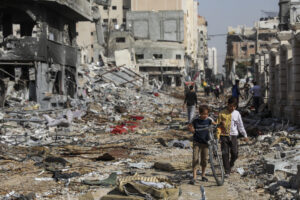

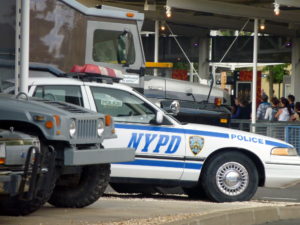
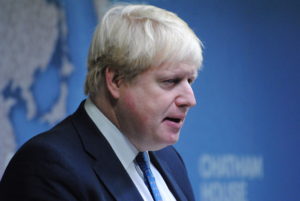
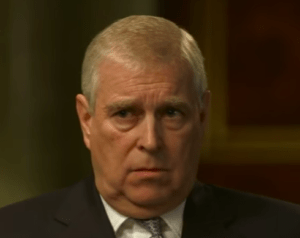
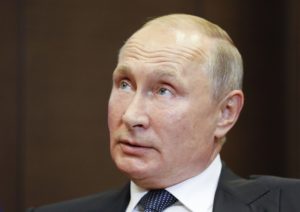
You need to be a supporter to comment.
There are currently no responses to this article.
Be the first to respond.